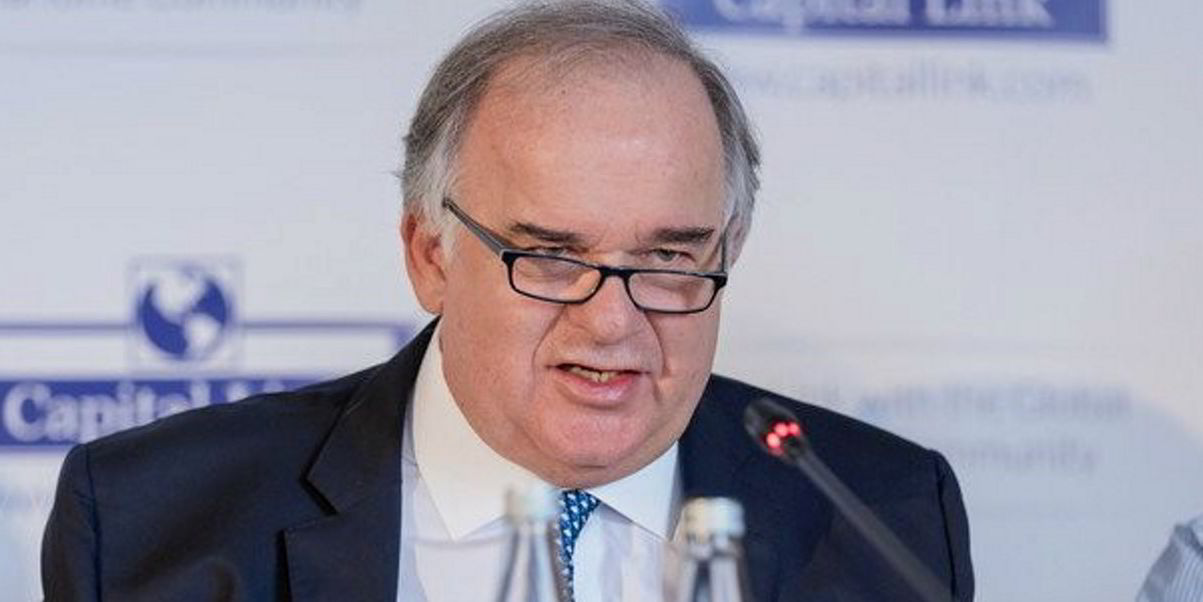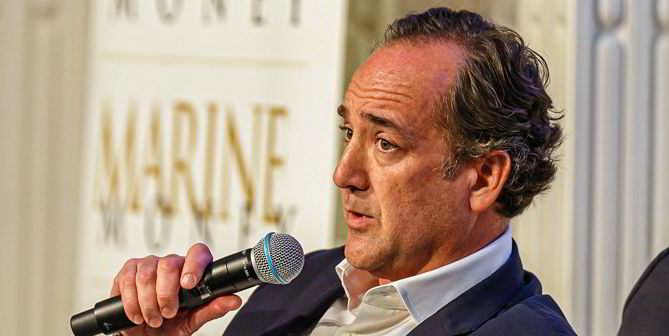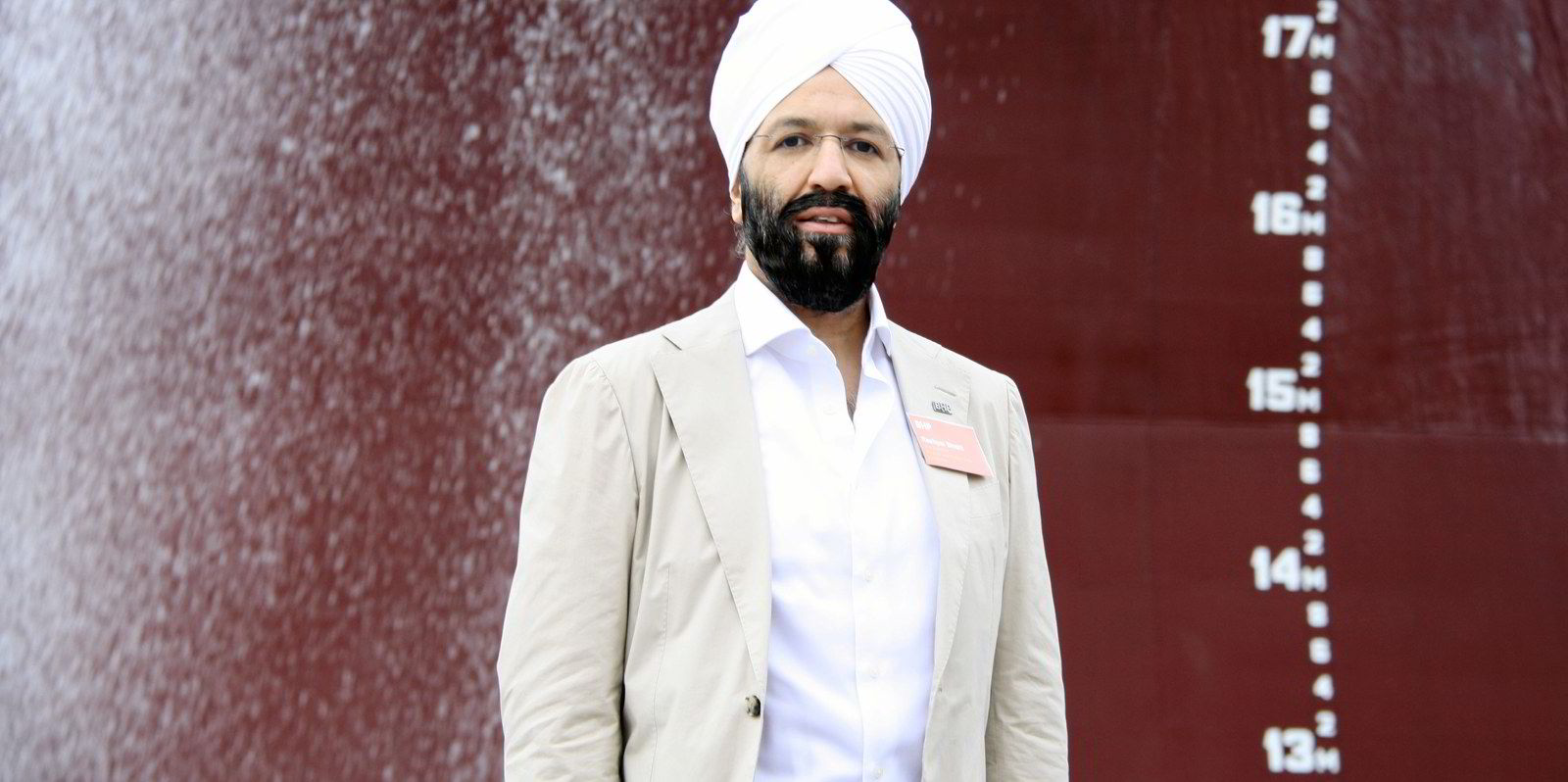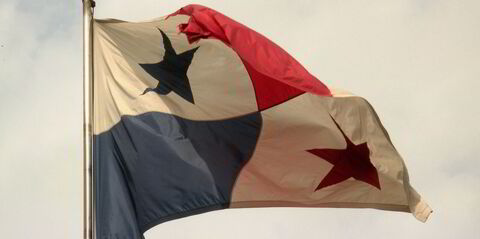Star Bulk, one of the world’s largest shipowners, saw profit slide to its lowest level in almost two years, dragged down by falling earnings for its 127 scrubber-fitted bulkers.
The US-listed company posted a net income of $45.9m for the first quarter. That is down 73% from the same period of 2022 and the lowest profit reading since the second quarter of 2021.
This was in line with a 48% annual drop in the company’s time charter equivalent earnings to $14,199 per day, which caused total revenue to fall by 38% year on year to $224m — again the lowest reading in eight quarters.
According to financial results released late on Tuesday, the TCE drop was more accentuated in its smaller vessels.
While capesize and newcastlemax TCE earnings declined by an average 36% year on year to $16,807 per day, its panamaxes and kamsarmaxes halved to $13,904 per day and its ultramaxes and supramaxes fell by 54% to $12,393 per day.
Star Bulk’s fleet is split into roughly equal parts between these three ship categories.
In line with established policy to align dividends with current profit, the company cut the payout to shareholders to $0.35 per share, down from $0.60 per share in the previous quarter.
Upbeat on prospects, new chartering deals
Despite the slowdown, it posted its 11th consecutive profitable quarter and the ninth consecutive quarter in which it has paid a dividend.
Star Bulk, which is backed by US investment giant Oaktree Capital Group, has posted just one loss-making quarter in the past 15.
It returned more than $1bn to shareholders through dividends and share buybacks over the past two years.
In line with that policy, Star Bulk announced on Tuesday a new share repurchase programme of up to $50m.
As of February this year, Oaktree owned or controlled 25.3% of Star Bulk, down from 39.3% two years ago.
A new shareholder, AllianceBernstein, has emerged as the second-biggest investor with 6.3%, followed by chief executive Petros Pappas (3.7%). Italian shipowner Raffaele Zagari owned 2.1%.
Pappas remains upbeat on Star Bulk’s outlook.
“We are optimistic about the medium-term prospects of the dry bulk market given the favourable order book and upcoming environmental regulations,” he said in the earnings release.
In the positive news of the quarter, Star Bulk said it has secured seven-year charter-in deals for its latest generation eco newbuildings, as well as for the 180,000-dwt Star Shibumi (built 2021)
Star Bulk has six newbuildings under construction — four kamsarmaxes and two ultramaxes — all due for delivery in 2024 from Tsuneishi Shipbuilding Co and Japan Marine United.
Newbuildings are not the only way in which the company is preparing for tighter environmental rules. It also participates in the Iron Ore Consortium’s Australia-Asia Green Corridor.
War risk insurers pay out on Ukraine ship
First-quarter results also included some one-off items.
The company booked a $7.7m impairment charge on the sale of two capesizes it announced earlier this year — the 179,700-dwt sister ships Star Polaris and Star Borealis (both built 2011).
TradeWinds has reported that the buyer is believed to be Norden. The Star Borealis has indeed emerged in the Danish company’s fleet, trading as Nord Ferrum.
Pappas described the sale of the two ships, at $32.5m each, as “opportunistic”, taking advantage of the increase in vessel values at the time.
The impairment charge on the sale was outweighed by more than $30m in insurance payouts from a ship stranded in Ukraine.
Pappas confirmed on Tuesday that the company’s war risk insurers agreed to declare the 82,400-dwt Star Pavlina (built 2021), which has been immobilised in Ukraine for more than 14 months, a constructive total loss.
TradeWinds reported in early April that the company expected to be paid the “full insured value for the vessel”. The amount, however, had remained undisclosed.
Star Bulk’s results reveal that it collected $28.2m in insurance proceeds from the ship, plus $2.7m in daily detention compensation.






